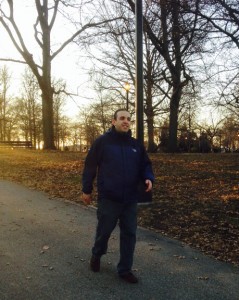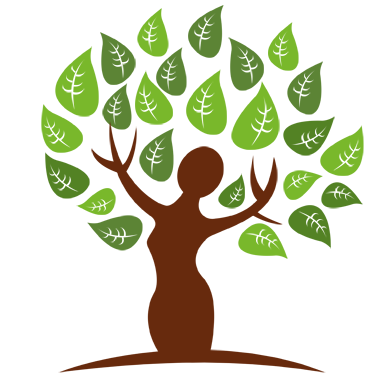
If you go to the park in Beijing in the early morning you will see many people practicing many different types of exercises that would seem bizarre to us Americans. One exercise that most people find bizarre is called 倒着走 the pinyin is Dao zhe zou which is translated as walking backwards in English. As an acupuncturist I enjoy exercises like this and I often practice in Rego Park.
So why do so many Chinese people practice this exercise and why do many Chinese doctors prescribe it to their patients as part of their treatment?
Walking backwards has many benefits for the hips, waist, knees, spine, brain, heart and, sexual function to name a few. It can also help to improve posture.
Many people that suffer from chronic back, hip and knee pain or weakness could benefit from this exercise because the action of walking backwards will take the stress off the knees and lower back and engage the muscles in the front of your thighs and abdomen. As a result this will allow the muscle in the lower back and waist to relax. This relaxation can over time adjust the alignment of the pelvis and take pressure off of the lower back. It will also allow the gluteus and hamstring muscles on the back of the thigh to relax as well. Many people that have back pain and weakness have very poor flexibility and tightness in these areas.
Walking and running forward can put excessive strain on the knees for a person that has weakness and pain in the knees. Walking backwards does not put stress on the knees and will actually help to stabilize and strengthen them over time. This is due to the fact that you are exercising muscle that are not normally exercised through forward walking.
Walking backwards also stimulates the cardiovascular system more strongly than walking forwards. This is great for those that want the benefits of a cardiovascular exercise without the excessive strain on the joints.
There are also many benefits for that brain as well. Walking backwards can be used as part of a health regime to help Alzheimers and other issues involving deterioration of brain function. In China it is even used as part of the treatment for patients that suffered from a stroke to improve their stride and mobility. There are a few reasons that this is helpful. The most basic explantaion is due to the fact that walking backwards takes constant concentration to avoid falling over or bumping into something. This is also a very foreign movement for most people and this will develop new connections in the brain, which can improve cognition.
From a Chinese medicine perspective this exercise work on the Kidney system. Chinese medicine believes that the kidneys are a the storehouse of energy. Kind of like your bodies battery. Walking backwards has a strong effect on the lower back which in turn will also have an effect on the Kidneys. In Chinese medicine the Kidneys are related to the knees, brain, bones, spine, lower back, sexual energy. By practicing walking backwards you are also strengthening your kidneys which will lead to a stronger body both physically and energetically. That is why older people in China practice this for longevity as well.
The basic rule of thumb when practicing this exercise is to practice in an area you are familiar with which does not have a lot of foot traffic. One of the best places to practice is on a track or in a park. Be very careful not to bump into anyone. or anything.
Next it is important to build up your speed, stride and duration of practice slowly. You should start practicing 5-10 minutes 4 or 5 times per week. You can slowly increase your time up to a half an hour. Use a normal stride. If you feel off balance you can take a smaller stride. You should also practice at a speed that is comfortable for you. Not to fast and not to slow. It is better to start slowly and build up your speed over time.
While walking it is important to slightly sway your arms just as you would if walking forward.
You should not practice walking backwards if you are in an acute state of pain or pregnant. Also it is not advisable to practice if you are suffering from an acute illness or are extremely weak. If you feel dizzy or have an exacerbation of pain, STOP immediately. This exercise may not be appropriate for you.
Check out this short youtube video of Acupuncturist Ira Wahrman practicing this exercise..
– Enjoy
